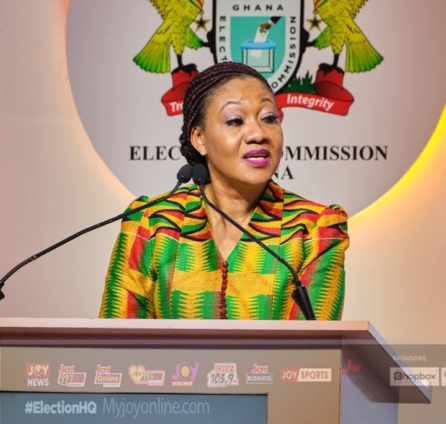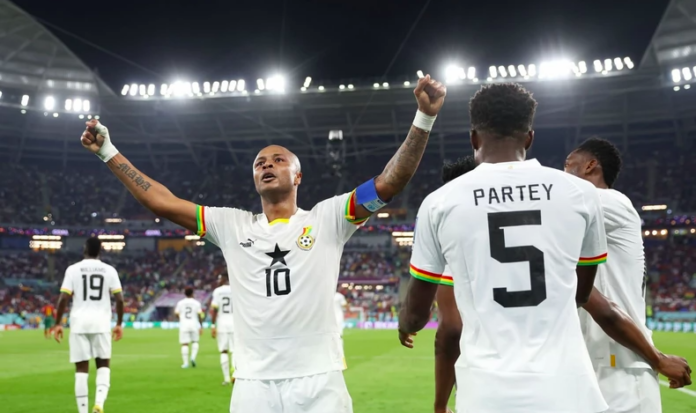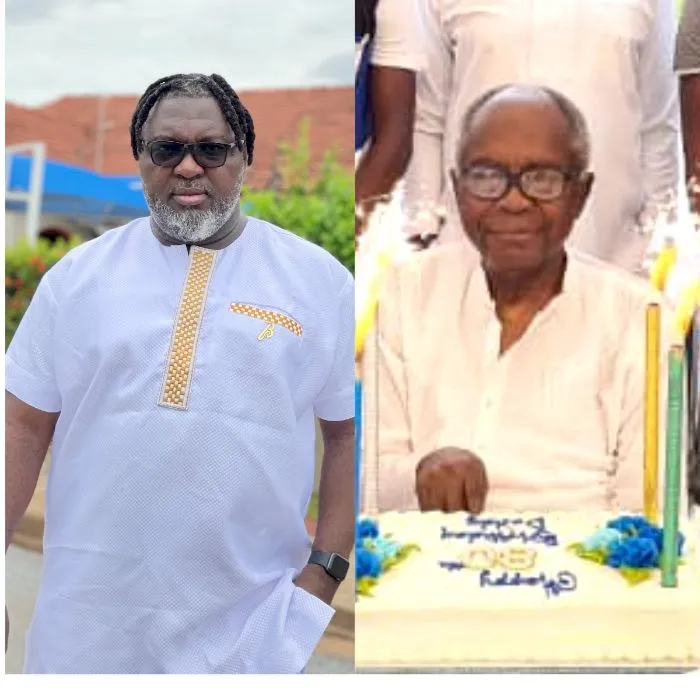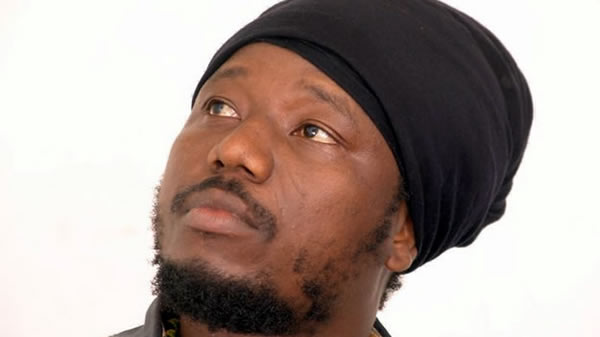EC JUSTIFIES RE-COLLATION OF ELECTION RESULTS AMID NDC CRITICISM

The Electoral Commission (EC) of Ghana has responded to mounting criticism from the opposition National Democratic Congress (NDC) over its decision to re-collate results in nine disputed parliamentary constituencies following the December 2024 general elections. The Commission insists that re-collation is a standard electoral practice aimed at ensuring transparency and accuracy.
The move, which resulted in victories for New Patriotic Party (NPP) candidates in seven of the nine constituencies, has sparked outrage among NDC supporters, who accuse the EC of bias and procedural lapses.
In a press statement, the EC emphasized that re-collating results is not unprecedented and has been used historically to address disputes and discrepancies. The Commission cited instances from previous elections under the leadership of Dr. Afari Gyan, including:
- The 2004 Parliamentary Elections: Re-collation in Pru, Tolon, Yapei-Kusawgu, and Zabzugu constituencies to declare correct winners.
- The 1998 District Level Elections: Re-collation in the KEEA District due to errors in the initial tabulation.
The EC maintained that its decision to re-collate results in constituencies like Techiman South, Nsawam-Adoagyiri, and Obuasi East was based on disputes raised by candidates and legal challenges, with a focus on preserving the integrity of the electoral process.
“Re-collation ensures that errors or disruptions do not undermine the will of the people,” the statement read.
The NDC, however, has rejected the outcomes of the re-collation, accusing the EC of undermining democracy and favoring the ruling NPP. According to the party, the re-collation process lacked transparency and fairness, with their agents allegedly sidelined during critical stages.
In a press conference, NDC General Secretary Fifi Kwetey expressed the party’s dissatisfaction, stating, “This re-collation is a blatant attempt to alter the will of the people. We will explore all legal avenues to challenge these results.”
While the EC defends its actions as necessary for electoral accountability, the backlash highlights growing tensions in Ghana’s political landscape. As the NDC contemplates legal action, political observers warn that the controversy could escalate if not addressed transparently.
With elections in Ghana typically drawing international attention for their fairness and credibility, the EC’s handling of these disputes will likely be scrutinized as the country seeks to maintain its reputation as a democratic leader in the region.
Source:NKONKONSA.com





